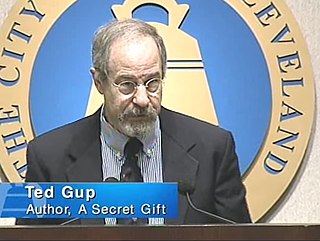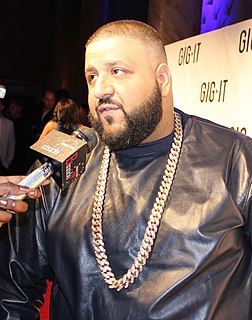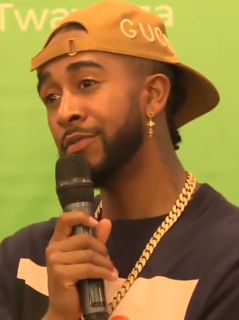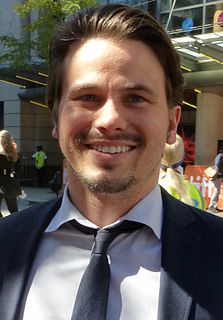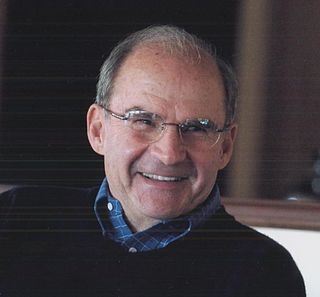A Quote by Kari Skogland
At the end of 'Endgame,' the shield was given to Sam and he said, 'It feels like it's someone else's.' That conversation, for me, was the most important conversation to have. A Black man picking up the shield - what was that going to look like?
Related Quotes
I grew up in a very loving middle class family. My parents were educators. I'm not even the first PhD in my family. They tried to shield me, just as other parents in my neighborhood tried to shield their children. But you knew there was a reason that you couldn't go to that theme park or to a movie theater or to a hamburger stand. They couldn't shield you completely. What they did though was they never let it be an excuse for not achieving, and they always said racism is somebody else's problem, not yours. They tried in that way not to make us bitter about Birmingham.
Very few interviews are a conversation. It's usually a question and I have to answer for two minutes. By the end of the day, I kind of feel gross. It's like you go to dinner with a friend and then you get home and you're like: "Ugh, I dominated that conversation too much. I wish I let them talk more." That's how it feels for me every day I do press.
This conversation with the audience has been going on since, what, '72, '73... Sometimes it's like a conversation after dinner with friends. You're in a restaurant, and you got there at 8 o'clock. Suddenly, you realize it's midnight. Where did the time go? You're enjoying the conversation. It's sort of a natural, organic conversation.
I don't think the question is if should we have a shield law. I think the question is what kind of shield law we should have. Yes, I'd like to see a federal shield law, but if and only if it provides genuine safeguards and doesn't green-light prosecutors and judges and litigants from going after the press and getting things to which they should not be entitled. It's not a simple kind of litmus test.
In university courses we do exercises. Term papers, quizzes, final examinations are not meant for publication. We move through a course on Dostoevsky or Poe as we move through a mildly good cocktail party, picking up the good bits of food or conversation, bearing with the rest, going home when it comes to seem the reasonable thing to do. Art, at those moments when it feels most like art -- when we feel most alive, most alert, most triumphant -- is less like a cocktail party than a tank full of sharks.
I was in a conversation and someone said: "You know, we were talking about the whole issue of transgender and how it has become so accepted now, and somebody said, 'You know the Oprah show, I think has had a big impact.'" I said, I don't think so. We did several transgender [shows], but we didn't do as much for transgender as I did for, say, abused kids or battered women. And they said, "But no, you started the conversation. You started the conversation and the conversation has led us to here."
I recall a conversation I was having with Pharrell one time. We were in the studio talking about R&B, and he said 'You're like me, we're like each other, we think the same way.' He's one of the few people I would consider a mentor, not because I look up to him but because he's actually given me sound advice and it came from a place inside of him.
I tend to be a loner ? I think a lot of social theorists are like that. On one level, the majority of the most important people to me are people who I have imaginary conversations with in the deep of the night: I'm often in conversation with Max Weber or Karl Marx or someone like that. Those are the people I'm closest to and that have had the most influence on me!






